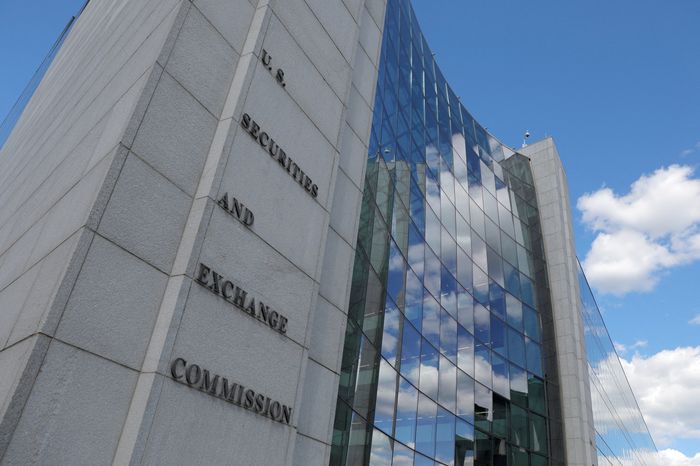
The Securities and Exchange Commission said Thursday it would pause the implementation of its new climate disclosure rule while it fights in court over the measure’s legality.
The SEC will stay the rule, in part to avoid regulatory uncertainty as litigation proceeds, the agency said in a filing with the U.S. Court of Appeals for the Eighth Circuit.
An appeals court last month ordered a temporary stay blocking the rule’s enforcement, though the SEC could have fought that stay.
The SEC said it still believes the rule is lawful and within its power to order, but it wants to focus on defending the rule’s merits against legal challenges.
“A Commission stay will facilitate the orderly judicial resolution of those challenges and allow the court of appeals to focus on deciding the merits,” the SEC said.
The agency said it still intends to vigorously defend the rule.
The regulator in March put forward a final version of the rule, which will require public companies to disclose their climate risks to investors and to report emissions figures.
Critics have attacked the rule since it was first proposed in 2022, including its requirements for some companies to report on emissions from their supply chains and from consumers using their products.
The SEC pared back the rule, including so-called Scope 3 requirements for supply chain-related reporting. But the agency was sued in March by states and business groups that say the rule remains flawed, along with environmental advocates who argue it doesn’t go far enough.
The U.S. Chamber of Commerce sued over the rule and has accused the SEC of trying to micromanage companies.
“These changes will only create more confusion and undermine investor confidence in our public company system,” Tom Quaadman, executive vice president of the chamber’s capital-markets group, said when the chamber filed its lawsuit.
The rule’s reporting requirements weren’t slated to go into effect until 2026 and many businesses have been preparing to comply despite the legal wrangling. Other jurisdictions, including California, have put in place requirements for climate-related reporting from both publicly traded and privately held companies.


